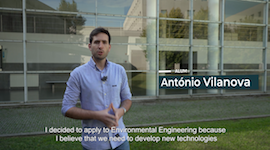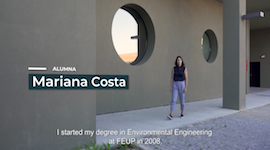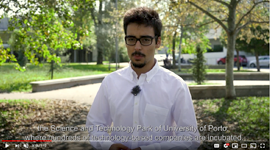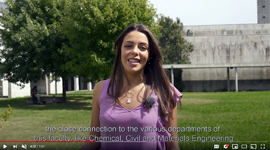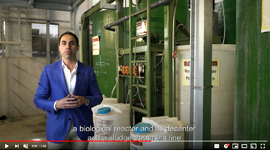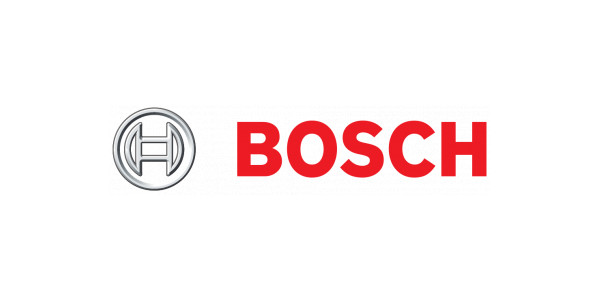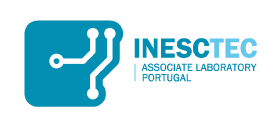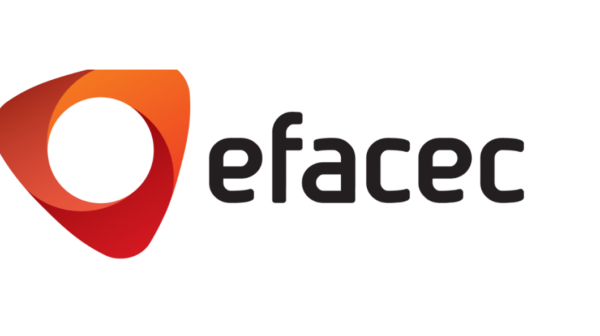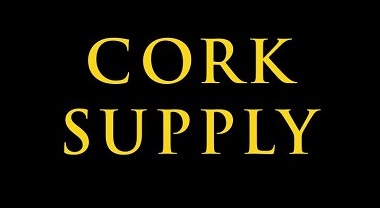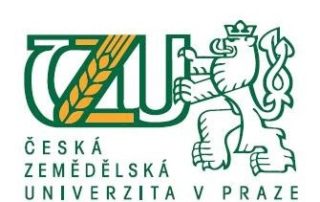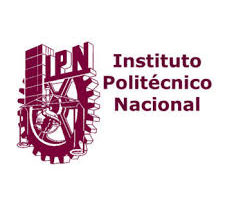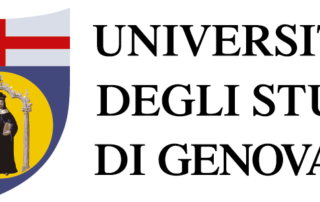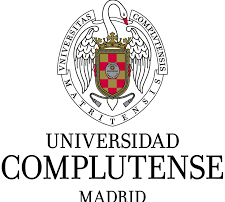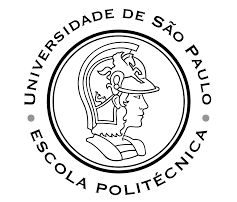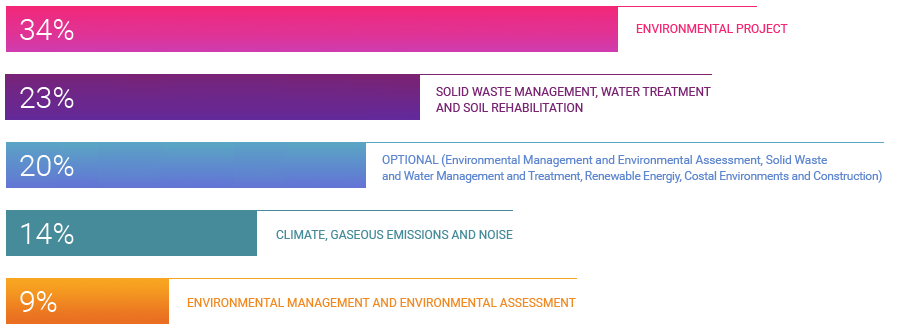
ABOUT THIS PROGRAMME

What is Environmental Engineering?
It is branch of engineering that merges physical and environmental sciences with technological sciences of engineering. The professionals of this field are dedicated to the prevention and identification of environmental impacts, to the application of technological solutions to mitigate them, and to boost the sustainable development of industries and societies.

Who should apply?
Candidates with previous training in Environmental Engineering, in other fields of Engineering or Environmental Sciences that intend to acquire the necessary set of skills and knowledge to fully practice environmental engineering.
OBJECTIVES
Promote excellence in qualification in core aspects of environmental engineering, including the abilities to design and implement prevention, intervention or rehabilitation technologies to mitigate or eliminate the pollution effects, as well as to reduce the use of natural resources, in order to minimize the negative impacts of human activities in the environment.
Through a wide-range education in the scientifical and technological aspects of environmental engineering – supported in the skills on basic and engineering sciences, acquired previously or consolidated during the master – M.EA ensures the deepening of knowledge in the core aspects of this field. Simultaneously, through multiple and diverse optional curricular units, each student has the ability to deepen their skills based on their individual interests.
SPECIFIC OBJECTIVES
- To develop the ability to design, implement and operate prevention, intervention and rehabilitation technologies that aim to mitigate or eliminate the negative impacts of human activities in the environment.
- To develop expertise in the use of decision support tools, namely the ones used in environmental and business management.
THIS MASTER ALLOWS TO
- Gain specialised knowledge in the design, development, and operation of environmental technologies, namely, gaseous, liquids or waste treatment plants, as well as soils rehabilitation.
- Acquire the necessary knowledge aiming environmental monitoring and evaluation (e.g. environmental impact assessment and strategical environmental assessment)
- Acquire integrated knowledge regarding environmental and business management to enable a joint assessment of the financial/economical aspects and of the environmental aspects as well as of the environmental law.
TRANSVERSAL COMPETENCES
In addition to a dedicated course, the development of transferable skills is continuous and the students are encouraged to develop their personal, interpersonal and transferable skills. The multiple group tasks, throughout the course, represent an optimum moment to develop a wide range of skills, namely, active listening, empathy, cooperation, proactivity, and conflict management.
DIPLOMA
M.EA is the result of the separation of the previous Integrated Masters Degree in Environmental Engineering at FEUP into two independent courses, in order to comply with Article 19 of the Decree Law No. 65/2018. Structured in 4 different semesters with a total of 120 ECTS, the programme culminates with the development of a thesis in the last semester.
The study cycle consists of:
(a) a non-degree-awarding master’s degree course consisting of an organized set of course units corresponding to 90 ECTS credits. Gives a Masters Degree (non-degree) in Environmental Engineering. The award of the non-degree awarding diploma can only occur in the 2nd year.
(b) an original scientific dissertation, original and specifically designed for this purpose, corresponding to 30 of the 120 ECTS credits in the study cycle. The defense in public tests of the dissertation will allow obtaining of the master degree in Environmental Engineering.
Built on the skills acquired in the first cycle, an integrated and harmonized range of topics are approached, from climate change, acoustics, environmental impact assessment, life cycle and risk assessment, and marine hydraulics, to the design of water, wastewater and waste treatment facilities as well as soil rehabilitation technologies, integrated in a broad and regional perspective with support of the environmental management, law and economics. A set of options that allow the deepening of knowledge in topics of interest to each student is provided (including one CU that can be selected from the UP education offer), together with a range of consolidation curricular units for student without prior consolidated training in structuring areas.
ACCREDITATION
This course is certified by the Agency for Assessment and Accreditation of Higher Education (A3ES).
 Job Opportunities
Job Opportunities
The graduates of this programme are ready to fully and immediately practice Environmental Engineering in industries, companies in different fields, as well as in municipal services and governmental agencies.
As Environmental Engineers, graduates are able to perform various assignments related to: environmental assessment and management, industrial ecology, water resources management; design and manage water treatment plants; design and manage solid waste treatment systems; rehabilitation of soils and aquifers; ecosystems management; climate change and air quality; acoustics and vibration; planning and land management; energy usage and it’s effects in the environment; environmental health and work safety.
 Employability
Employability
The employability rate of MIEA in 2019/20 was 90%.
The data correspond to an inquire of FEUP made in 2021 and relate to the graduates of MIEA from 2019/2020 (1st job after graduation); 74% of the graduates responded to the questionnaire.
How long until students find the first job opportunity
BEFORE FINISHING THE STUDIES
AFTER FINISHING THE STUDIES
LESS THAN 6 MONTHS AFTER FINISHING THE STUDIES
Correlation between job position and study area
FULLY RELATED
PARTIALLY RELATED
First Job in Portugal/Abroad
PORTUGAL
ABROAD

Videos

Partnerships with companies
The strong connection with the business network, mainly in the thesis context, is one of the greatest strengths of M.EA. Most of the M.EA thesis are performed in a business environment where the students carry through scientific studies that meet specific needs identified by the companies. Cooperation with companies goes beyond, being extended to students training, namely in consultancy studies and R&D projects.
Some of the companies that cooperate with M.EA are presented below:

Student Groups and Associations
Composed by dynamic L.EA and M.EA students, NEEA is a student organization.
Gaining knowledge through high dedication and by reinforcing extracurricular activities (NEEA Talks, Workshop, and others).
Offering tutorial orientation to integrate new students in the academic environment.
Promoting public involvement in the development of the activities plan.
.

5 reasons to choose
MEA at FEUP


Being interdisciplinary, the M.EA takes advantage of what’s best in each specific department at FEUP and leans on a highly qualified faculty that specialises in all of the different engineering fields related to Environment Engineering.



The programme allows and encourages students to embrace exchange programmes through multiple partnerships with international faculties.

TESTIMONIALS

Director and Scientific Committee
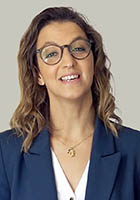
JOANA MAIA DIAS
DIRECTOR
SCIENTIFIC COMMITTEE PRESIDENT

MARIA CRISTINA VALE
ASSITANT DIRECTOR
SCIENTIFIC COMMITTEE

ÁLVARO RODRIGUES
SCIENTIFIC COMMITTEE
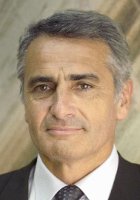
JOAQUIM POÇAS MARTINS
SCIENTIFIC COMMITTEE
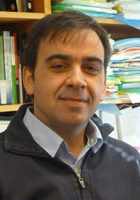
MANUEL PEREIRA
SCIENTIFIC COMMITTEE

APPLICATIONS


APPLICATION FEE
55€


LANGUAGE
English


ACADEMIC YEAR
September – July


TUITION FEE
Check here


DURATION
2 years(2º ciclo)


APPLICATIONS
Apply now for 24/25 – 2nd call


SCHEDULE
Daytime


CONTACTS
Faculdade de Engenharia da Universidade do Porto
Departamento de Engenharia do Ambiente
Rua Dr. Roberto Frias, s/n
4200-465 Porto
Secretariado do M.EA
+351 220413614
catc@fe.up.pt




